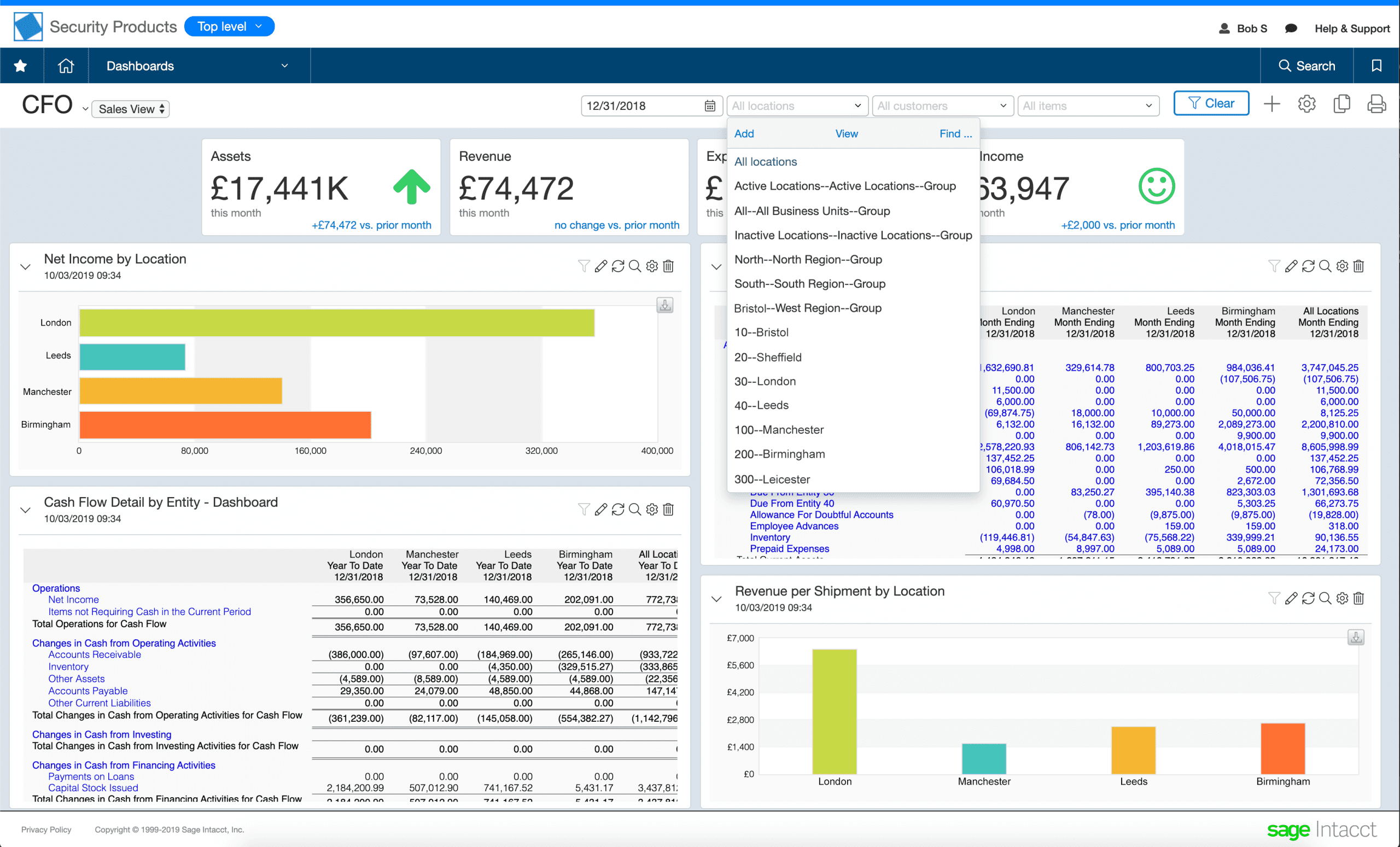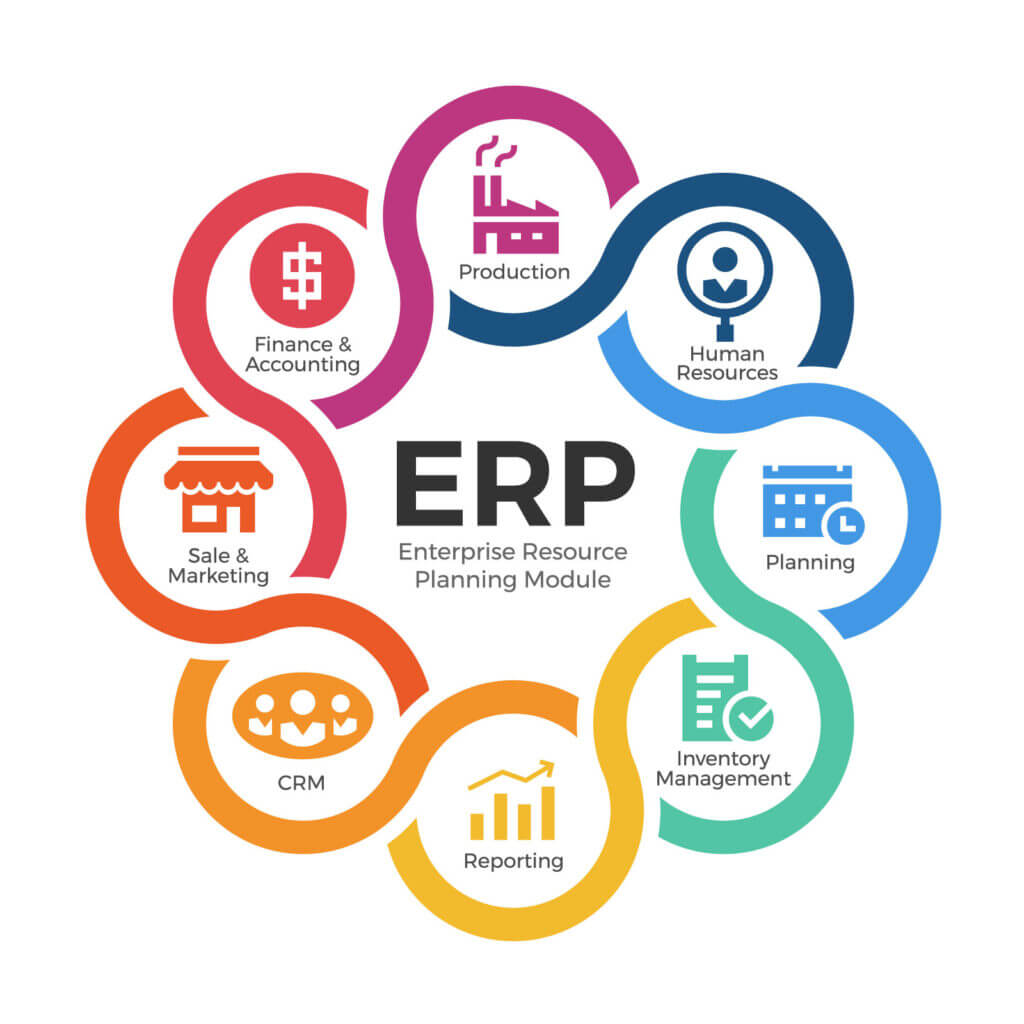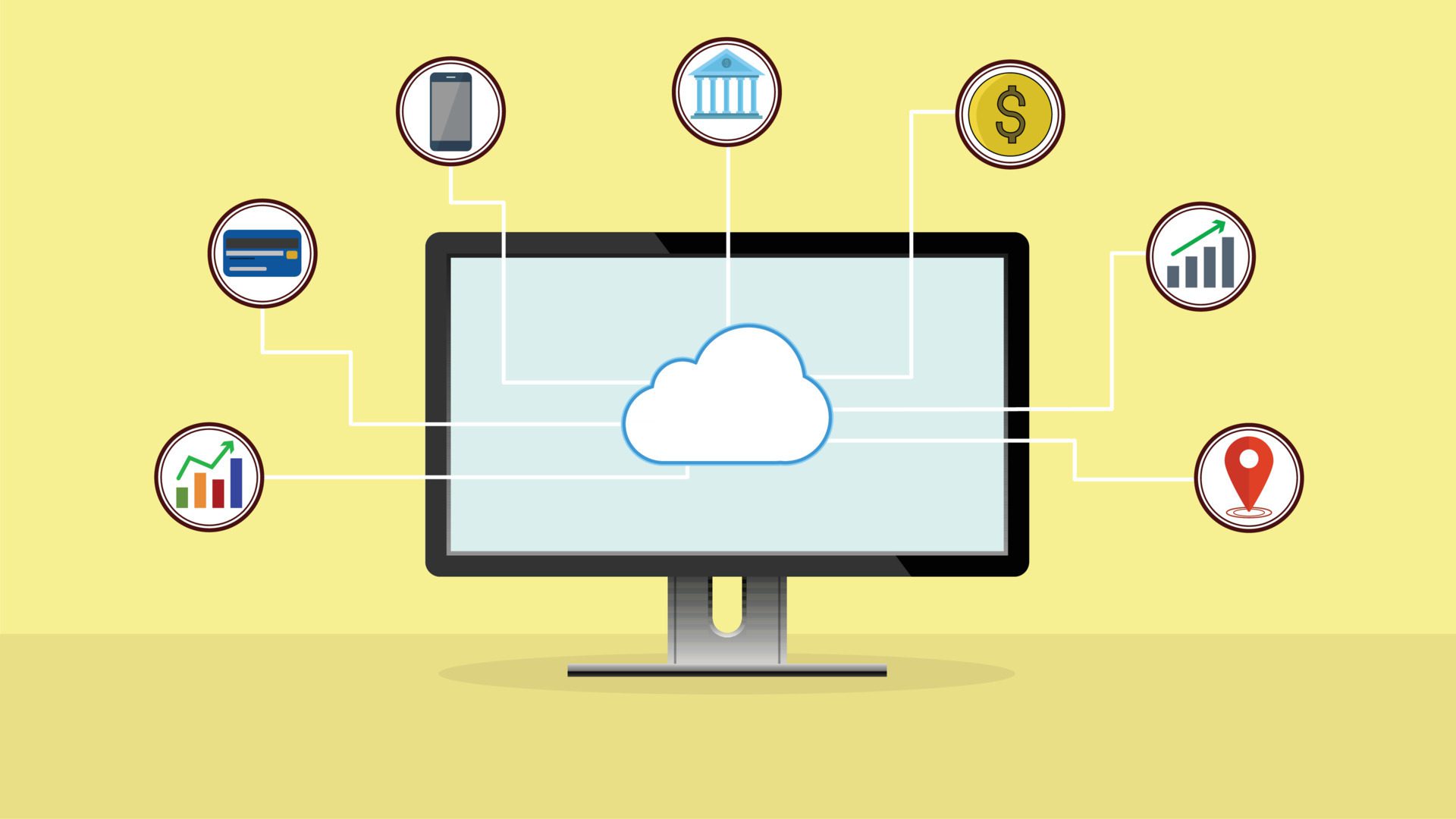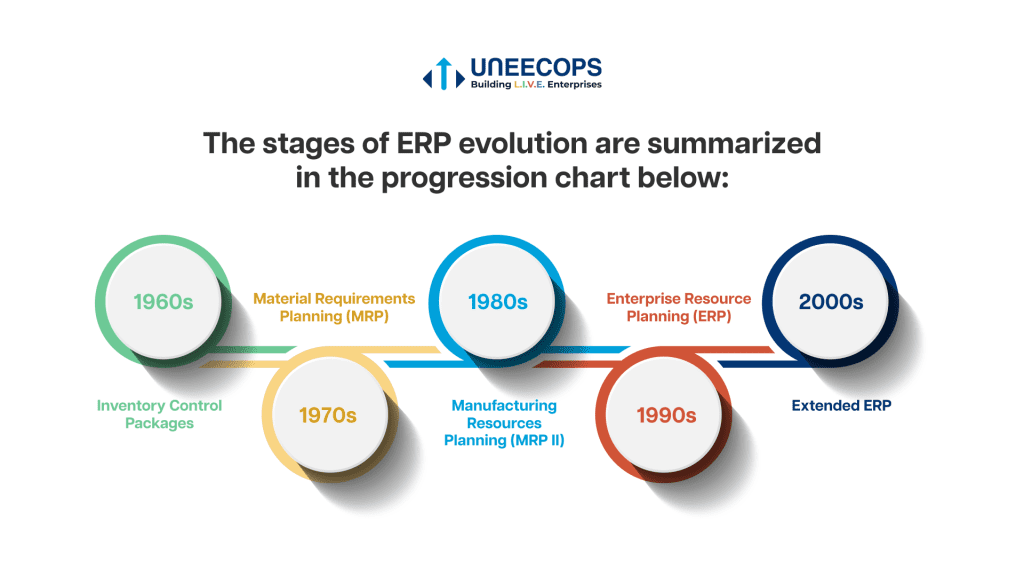Biztrack Erp
Biztrack Erp
Welcome to the world of Biztrack Erp, where business management becomes effortless and efficient. This innovative software solution is designed to streamline operations, enhance productivity, and boost profitability for businesses of all sizes. With its user-friendly interface and advanced features, Biztrack Erp is the perfect tool for managing inventory, sales, finances, and more. Say goodbye to manual processes and hello to a new era of smooth operations with Biztrack Erp.
Introduction to Biztrack ERP
Biztrack Enterprise Resource Planning (ERP) is a comprehensive software solution that helps businesses manage and integrate their key processes in a single system. With Biztrack ERP, companies can streamline their operations, improve efficiency, and make better-informed decisions. This software is designed to cover a wide range of business functions, including finance, human resources, supply chain management, inventory, sales, and customer relationship management.
One of the key benefits of using Biztrack ERP is its ability to provide real-time visibility into all aspects of the business. This means that employees across various departments can access the same up-to-date information, helping to enhance collaboration and productivity. With its integrated approach, Biztrack ERP eliminates the need for separate systems and manual data entry, reducing errors and saving time.
Another advantage of Biztrack ERP is its scalability. Whether a business is a small start-up or a large enterprise, Biztrack ERP can be tailored to meet its specific needs and grow with it. This flexibility ensures that the software can adapt to changes in the business environment and support future growth.
Furthermore, Biztrack ERP offers advanced reporting and analytics tools that provide valuable insights into business performance. By analyzing data from various sources, companies can identify trends, spot opportunities, and make more informed decisions. This visibility allows businesses to optimize their processes, improve efficiency, and drive growth.
Overall, Biztrack ERP is a powerful tool for modern businesses looking to streamline their operations, improve efficiency, and stay competitive in today’s fast-paced market. By centralizing key processes in a single system, Biztrack ERP helps companies to work smarter, faster, and more effectively.
Key Features of Biztrack ERP
Biztrack ERP is a comprehensive software solution designed to streamline business processes and enhance productivity. With a wide range of features and capabilities, Biztrack ERP offers everything a business needs to operate efficiently and effectively. Here are some key features that make Biztrack ERP stand out from other ERP systems:
1. Financial Management: Biztrack ERP offers a robust financial management module that helps businesses track expenses, manage budgets, and generate accurate financial reports. With features like accounts payable, accounts receivable, and general ledger, Biztrack ERP gives businesses full control over their financials.
2. Inventory Management: One of the standout features of Biztrack ERP is its advanced inventory management capabilities. Businesses can track inventory levels in real-time, automate reordering processes, and optimize warehouse operations for maximum efficiency. With barcode scanning and RFID technology integration, businesses can accurately track inventory movements and reduce the risk of stockouts or overstock situations.
3. Sales and CRM: Biztrack ERP includes a robust sales and customer relationship management (CRM) module that helps businesses streamline the sales process and improve customer satisfaction. With features like lead management, opportunity tracking, and sales forecasting, businesses can easily manage their sales pipelines and identify opportunities for growth.
4. Production Planning and Control: Biztrack ERP offers comprehensive production planning and control features that help businesses optimize their manufacturing processes and improve production efficiency. With features like capacity planning, work order management, and machine scheduling, businesses can streamline their production operations and reduce lead times.
5. Human Resource Management: Biztrack ERP includes a dedicated human resource management module that helps businesses manage their workforce and improve employee productivity. With features like employee self-service, payroll management, and performance evaluation, businesses can effectively manage their human capital and drive organizational performance.
6. Reporting and Analytics: Biztrack ERP comes with powerful reporting and analytics capabilities that help businesses make informed decisions and drive business growth. With customizable dashboards, interactive reports, and real-time data visualization, businesses can gain valuable insights into their operations and identify opportunities for improvement.
7. Scalability and Flexibility: One of the key advantages of Biztrack ERP is its scalability and flexibility. Whether you are a small start-up or a large enterprise, Biztrack ERP can easily adapt to your business needs and grow with your organization. With customizable modules and flexible deployment options, Biztrack ERP offers a scalable solution that can meet the unique requirements of any business.
Overall, Biztrack ERP is a powerful software solution that offers a wide range of features and capabilities to help businesses streamline their operations, improve productivity, and drive business growth. With its advanced inventory management, financial management, sales, CRM, production planning, human resource management, reporting, and analytics features, Biztrack ERP is a comprehensive ERP solution that can deliver real value to any organization.
Implementation Process of Biztrack ERP
Implementing an Enterprise Resource Planning (ERP) system like Biztrack ERP can be a game-changer for businesses looking to streamline their processes and improve efficiency. The implementation process of Biztrack ERP typically involves several key steps to ensure a successful transition. Let’s delve into the details of how this process unfolds:
1. Planning and Preparation: The first step in the implementation process is planning and preparation. This stage involves identifying the goals and objectives of the ERP implementation, defining the scope of the project, and establishing a timeline for completion. It is crucial to involve key stakeholders from various departments within the organization to ensure that everyone’s needs and requirements are taken into account.
2. System Configuration: Once the planning phase is complete, the next step is system configuration. This involves customizing the Biztrack ERP system to align with the specific needs and workflows of the organization. The system configuration process may include setting up user permissions, defining data entry fields, and integrating third-party applications.
3. Data Migration: One of the most critical steps in the implementation process is data migration. This involves transferring data from the organization’s legacy systems to the new Biztrack ERP system. Data migration can be a complex and time-consuming process, as it requires cleaning, formatting, and validating the data to ensure accuracy and integrity. It is essential to conduct thorough testing during this phase to identify any issues or discrepancies before fully transitioning to the new system.
4. Training and Education: Once the data migration is complete, the next step is training and education. It is essential to provide comprehensive training to all users who will be interacting with the Biztrack ERP system. This training may include classroom sessions, online tutorials, and hands-on practice to ensure that users are comfortable and proficient with the new system. Ongoing support and resources should also be made available to assist users as they navigate the system in their day-to-day operations.
5. Testing and Quality Assurance: Before fully deploying the Biztrack ERP system, rigorous testing and quality assurance must be carried out. This involves conducting user acceptance testing (UAT) to ensure that the system functions as expected and meets the organization’s requirements. Any issues or bugs discovered during testing should be promptly addressed and resolved to prevent any disruptions once the system is live.
6. Go-Live and Post-Implementation Support: The final step in the implementation process is the go-live phase. This involves officially launching the Biztrack ERP system and transitioning from the old system to the new one. It is essential to monitor the system closely during the initial days of operation to address any issues or concerns that may arise. Post-implementation support should also be provided to assist users with any questions or problems they may encounter as they adjust to the new system.
By following these key steps in the implementation process of Biztrack ERP, organizations can effectively transition to a modern and efficient system that will help drive business growth and success.
Benefits of Using Biztrack ERP
When it comes to managing a business, having an efficient Enterprise Resource Planning (ERP) system in place can make all the difference. Biztrack ERP is a comprehensive software solution that offers a wide range of benefits for businesses of all sizes. Here are some of the key advantages of using Biztrack ERP:
1. Streamlined Processes: One of the main benefits of using Biztrack ERP is that it can help streamline and automate various business processes. Whether it’s inventory management, sales tracking, or financial reporting, Biztrack ERP can make these tasks more efficient and less time-consuming. This allows employees to focus on more strategic tasks and ultimately improve productivity.
2. Improved Decision-Making: With real-time data and analytics provided by Biztrack ERP, businesses can make more informed decisions. From monitoring key performance indicators to forecasting future trends, having access to accurate and up-to-date information is crucial for making smart business decisions. Biztrack ERP can help businesses stay ahead of the competition by providing valuable insights into their operations.
3. Enhanced Customer Service: Another benefit of using Biztrack ERP is its ability to improve customer service. By centralizing customer data and interactions, businesses can better understand their customers’ needs and preferences. This allows businesses to provide personalized service, resolve issues more quickly, and build stronger relationships with their customers. Ultimately, this can lead to increased customer satisfaction and loyalty.
4. Cost Savings: One of the most significant benefits of using Biztrack ERP is the potential for cost savings. By automating repetitive tasks, reducing manual errors, and optimizing processes, businesses can save time and money. For example, by improving inventory management, businesses can reduce excess inventory and avoid stockouts, leading to lower carrying costs and higher profitability. Additionally, Biztrack ERP can help businesses identify cost-saving opportunities and optimize resources, ultimately leading to a more efficient and cost-effective operation.
In conclusion, Biztrack ERP provides a wide range of benefits for businesses looking to streamline their operations, make data-driven decisions, enhance customer service, and save costs. By implementing Biztrack ERP, businesses can improve their overall efficiency, productivity, and competitiveness in today’s fast-paced and competitive business environment.
Case Studies of Successful Biztrack ERP Implementation
Implementing Biztrack ERP can be a game-changer for businesses of all sizes. Here are some real-life case studies of successful Biztrack ERP implementations:
1. Company ABC: Company ABC, a medium-sized manufacturing company, was facing challenges with inventory management, order processing, and financial reporting. They decided to implement Biztrack ERP to streamline their operations. After the implementation, Company ABC saw a significant improvement in their inventory management processes. They were able to track their inventory levels in real-time, leading to a reduction in stockouts and overstock situations. Additionally, the order processing time decreased, and their financial reporting became more accurate and timely.
2. Company XYZ: Company XYZ, a distributor of electronic products, was struggling with integrating their sales, inventory, and accounting departments. They chose Biztrack ERP to centralize their data and improve communication between departments. With Biztrack ERP, Company XYZ was able to automate their sales process, leading to faster order processing and improved customer satisfaction. The integration of their inventory and accounting systems also led to better financial management and forecasting.
3. Company DEF: Company DEF, a retail chain with multiple locations, needed a solution to manage their inventory across different stores. They implemented Biztrack ERP to synchronize their inventory levels and streamline their purchasing processes. After the implementation, Company DEF saw a significant reduction in out-of-stock situations and improved overall customer satisfaction. The centralized reporting feature of Biztrack ERP also helped them make informed decisions about their product offerings and pricing strategies.
4. Company GHI: Company GHI, a service-based business, was struggling with tracking their project costs and resource allocation. They decided to implement Biztrack ERP to improve their project management processes. With Biztrack ERP, Company GHI was able to track their project costs in real-time, leading to better budget control and forecasting. The resource allocation feature of Biztrack ERP also helped them optimize their workforce and improve overall project efficiency.
5. Company JKL: Company JKL, a start-up in the e-commerce industry, was looking for a scalable ERP solution to support their rapid growth. They chose Biztrack ERP for its flexibility and customizable features. With Biztrack ERP, Company JKL was able to quickly adapt to the changing market demands and scale their operations seamlessly. The real-time analytics and reporting capabilities of Biztrack ERP helped them make data-driven decisions and stay ahead of the competition. As a result, Company JKL saw a significant increase in their revenue and market share within a short period of time.







